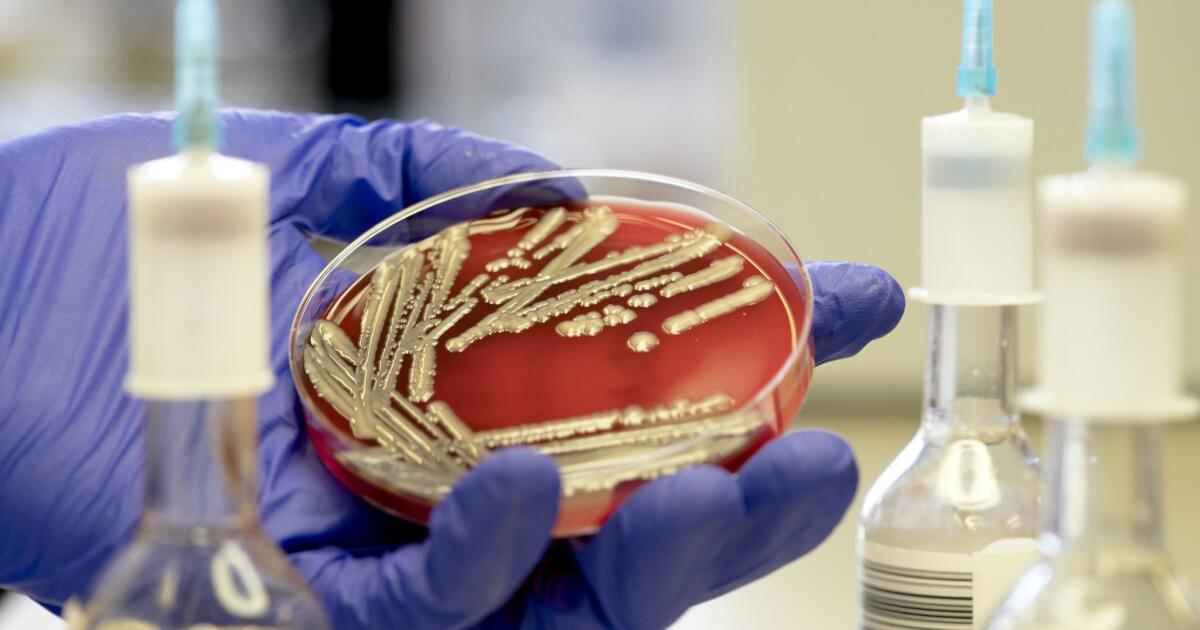

Designing a comprehensive study plan and parameter optimization: Method development and validation and main study with RLD and test product.
Method Development: Planned with single trial 18 organisms with reference listed drug.
Method Validation: Planned with three trial 18 organisms with reference listed drug.
Main Study: Planned with 12 trials, 18 organisms with reference listed drug.
To know more about our capabilities and to speak with our subject experts write to us at bd@aragen.com.
